Why choose this provider?
Serving St. Port Lucie and neighboring areas, Behavioral Health Centers is an alcohol and drug rehab center that helps clients recover from substance addiction and co-occurring mental health issues. Patients go through three individualized phases of care through the center's addiction treatment program. These include detox & stabilization, inpatient treatment, and aftercare & support. It offers unique amenities and a wide range of activities in its facility, including private TV rooms, a fitness center, and upscale transportation.


